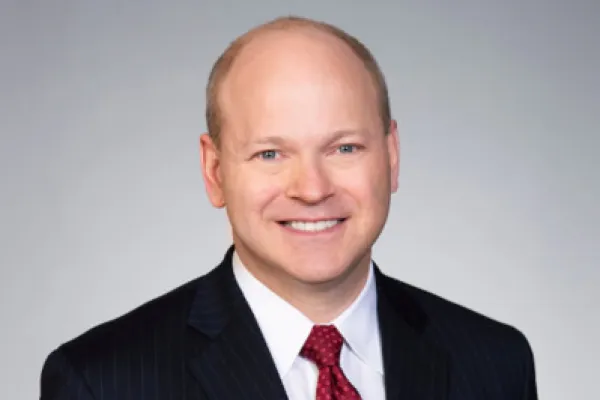Institutional investors continue to be satisfied with mediocre returns from their hedge funds. Although London-based data tracker Preqin’s All-Strategies Hedge Fund benchmark posted only a 3.78 percent gain last year, its worst performance since 2011 — and way below the S&P 500’s 13.7 total return — 65 percent of investors said hedge funds met or exceeded their expectations, according to Preqin’s latest survey. Even so, one-third of investors said performance will be a key issue this year. Hedge fund industry consultants seem much more concerned about performance, with 73 percent citing this as a key issue for 2015.
As usual, though, industry participants will most likely overlook the performance issue. The survey shows that 40 percent of consultants still plan to recommend that clients increase their allocations to hedge funds in 2015, while 26 percent of investors plan to boost their hedge fund allocations this year. Go figure.
In fact, while investors seem content with their low single-digit performance, they appear more irked by the fees they are paying. You can’t really blame them. According to the survey, 68 percent of investors want to see improvement in management fees, while 38 percent want to see improvements in performance fees. However, the consultants are more unhappy with fees, as 73 percent cited fees as one of the most important issues in the hedge fund industry.
Hedge fund managers, however, cited regulation as the main issue facing the industry this year. According to the report, 58 percent of managers said regulation will have a negative impact on the industry in 2015, up from 50 percent last year. “The combined effect of increasing costs and complexity on the running of their businesses, as well as continued uncertainty surrounding certain regulations across the globe, has led to greater pessimism from fund managers regarding the impact of regulation,” Preqin states in its press release. What’s more, 68 percent of consultants cited regulation as a challenge for the industry this year.
___
Philip Falcone has suffered another major setback. The founder of Harbinger Capital Partners has been ousted as one of the owners of the Minnesota Wild professional hockey team in his hometown.
Matthew Hulsizer, co-founder and chief executive officer of Chicago investment firm PEAK6 Investments, purchased all of Falcone’s existing stake, which was currently less than 25 percent and down from an earlier 40 percent, according to the Minneapolis Star Tribune.
In its announcement, the Wild simply said Falcone “is vacating his minority ownership stake” in the team “after deciding to focus on other opportunities.” In a statement, Falcone said: “As a true Minnesotan, I’m as passionate about hockey and the Wild as I’ve ever been. Unfortunately given my New York City residency and schedule, I haven’t been able to enjoy this asset and spend as much time involved in the organization as I would have liked, so I’ve decided to pursue a different path.”
In August 2013, Falcone and Harbinger agreed to pay more than $18 million and to be barred from the securities industry for at least five years as part of a settlement with the Securities and Exchange Commission stemming from enforcement actions in June 2012. Falcone was accused of improperly using $113 million in fund assets to pay his personal taxes, secretly favoring certain customer redemption requests at the expense of other investors, and conducting an improper “short squeeze” in bonds issued by a Canadian manufacturing company. He also was required to liquidate his hedge funds.
___
New York-based Advent Capital Management announced plans to launch a new UCITS (Undertakings for Collective Investments in Transferable Securities) fund based in Ireland, the Advent Global Absolute Return Strategy. The diversified investment firm says this is the first alternatives product in its UCITS offerings and is an extension of its Global Opportunity Strategy. It will be co-managed by portfolio managers Odell Lambroza and Matthew Dundon. The fund will be “asset class agnostic,” says the firm in a press release.






